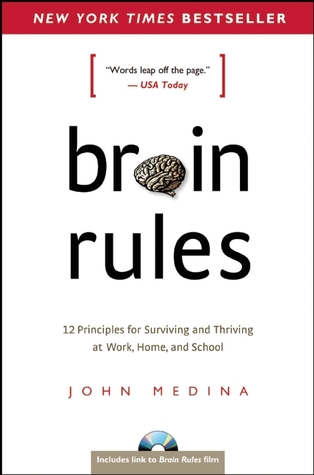I have a thing for brain books. It might be a form of human vanity. If our (relatively) giant brain sets us apart from the rest of the animal kingdom, reading brain books might be considered the equivalent of always staring in the mirror at your favorite feature. Past favorites include:



Well, this week my fascination with our awesome, complex brains and my obsession with food intersected in my reading material. For one, there was the discouraging news that, contrary to earlier reports, obesity in children continues to rise in America, as well as around the world, including rural China. And, in addition to the dual assaults of the Western diet and decreasing physical activity, traditional Chinese still favor their boys, shoveling even more food their way. On the other hand, this Vox article reiterated that decreasing physical activity may be detrimental to our health for many reasons, but weight gain isn't one of them, because exercising doesn't lead to weight loss!
One thing the experts seem to agree on, however, is that mindless eating leads to overeating. We shouldn't plop down in front of the TV with the package of Oreos or bag of potato chips because we might just find, when our show ends, that we've eaten the entire thing! How it happened, we're not exactly sure.
Here's where my latest brain book comes in.

Author Sternberg explains that, when we engage in habitual behaviors, those repeated actions lay down tracks in the habit system of our brain, the outer section of the striatum. This is actually a feature of our awesome brains because doing repeated actions on autopilot allows our conscious brain to tackle other things. If you always had to think super hard about brushing your teeth, how could you make a list of what needed to be done before you hit the hay? If you had to think about the process of walking, how could you count your Halloween candy haul while doing so?
But the upside is also the downside of this multitasking-enabling system when it comes to eating. That is, when our habit system is engaged, the conscious mind wanders off to do other things. The habit mind keeps taking a potato chip from the bag and stuffing it in our mouth. The conscious mind wonders, on the other hand, "Is the hero going to be able to survive this situation? Did the actor not re-up his contract for next season?" Show ends. Hero survives (or not). Potato chip bag is empty. Our ventromedial prefrontal cortex, which urges us to eat when we are hungry, usually then sends out signals of discouragement when we are full. But if we're in habit-brain mode, these discouragement signals are muted and the feedback loop broken. We keep eating.
If you clicked on the Vox article above, you'll see their thesis is not to exercise more, if you want to lose weight (hooray!), but rather to eat less (boo). But it would take a lot of the pain out of eating less if we started with cutting out the mindless eating first. After all, that's just habit. We aren't even actually enjoying it! What if dessert were a small portion, savored at the table, and we developed new habits while watching TV? Knitting. Or playing Words with Friends. Or flossing our teeth, for Pete's sake.
Reasonable amounts of home-cooked, whole foods, eaten with our minds engaged. Sounds like a recipe for both health and good community around the table! And, speaking of health and good community, the Market starts next Thursday, May 12. Not a moment too soon. I'll have your shopping list next week!




